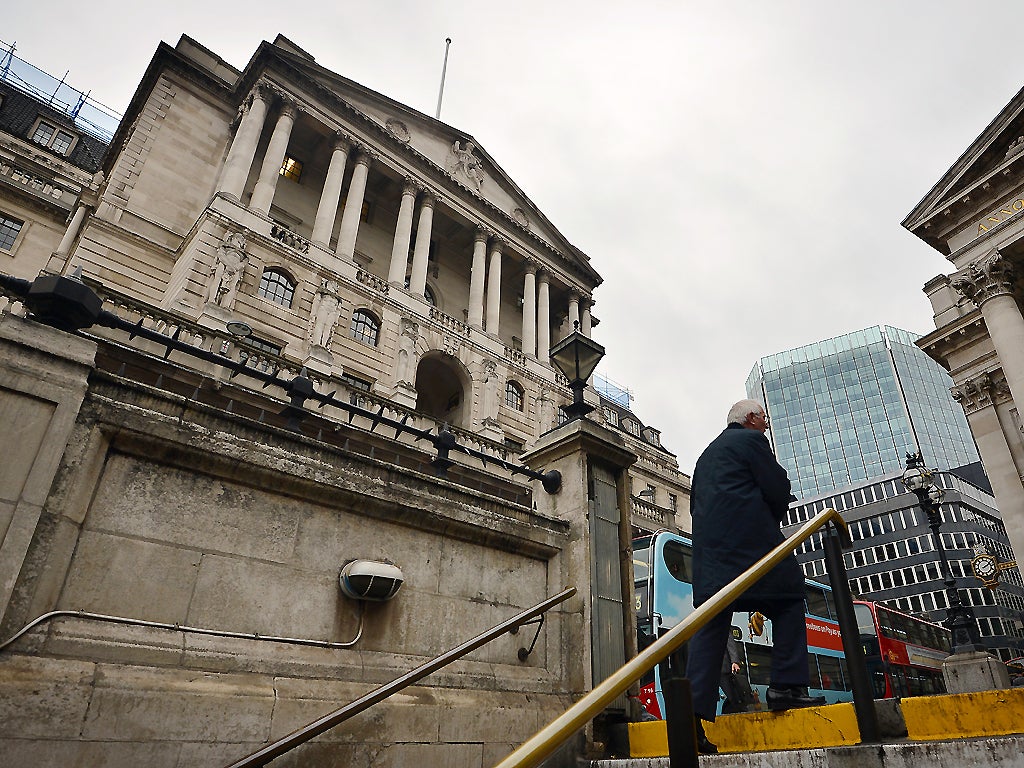Your support helps us to tell the story
From reproductive rights to climate change to Big Tech, The Independent is on the ground when the story is developing. Whether it's investigating the financials of Elon Musk's pro-Trump PAC or producing our latest documentary, 'The A Word', which shines a light on the American women fighting for reproductive rights, we know how important it is to parse out the facts from the messaging.
At such a critical moment in US history, we need reporters on the ground. Your donation allows us to keep sending journalists to speak to both sides of the story.
The Independent is trusted by Americans across the entire political spectrum. And unlike many other quality news outlets, we choose not to lock Americans out of our reporting and analysis with paywalls. We believe quality journalism should be available to everyone, paid for by those who can afford it.
Your support makes all the difference.George Osborne has been accused of resorting to “smoke and mirrors” to give himself a fighting chance of hitting his self-imposed debt reduction targets.
The Government announced that the £35bn in cash that has accumulated at the Bank of England in recent years as a by-product of the monetary authority’s £375bn money printing programme will be transferred to the Treasury and used to reduce the annual budget deficit over the next two years.
It is essentially an accounting exercise, since the Government is likely to have to pay back the money to the Bank eventually, but some analysts suggested the move might allow the Government’s fiscal watchdog, the Office for Budget Responsibility, to declare next month that Mr Osborne remains on course to meet the second part of his “fiscal mandate”, which he was widely expected to miss.
“This smoke and mirrors will fool nobody” said Rachel Reeves, Labour’s shadow Chief Secretary “The Chancellor seems to think he can just be bailed out in the short term by money from the Bank of England”. The Trade Union Congress urged the Chancellor to spend the £35bn, in order to create jobs and assist the still weak economy, rather than using it to reduce public borrowing.
On 5 December the OBR will decide whether the Chancellor is on course to eradicate the structural deficit over the next five years and to put the stock of public debt on a downward path between 2014-15 and 2015-16. At the time of the March Budget the OBR ruled that Mr Osborne was on target on both counts, but since then public borrowing has risen as Britain slipped into a double dip recession. This prompted the International Monetary Fund and other forecasters to assume that the public debt part of the mandate would not be met.
But this latest accounting change is expected to reduce both the size of the recorded deficit and the also the outstanding public debt between now and the end of the Parliament. “[This] may just be enough for the OBR to project that the government will probably hit its target of falling debt/GDP ratio in 2015/16 whereas previously that appeared out of reach” said Michael Saunders of Citigroup.

Join our commenting forum
Join thought-provoking conversations, follow other Independent readers and see their replies
Comments